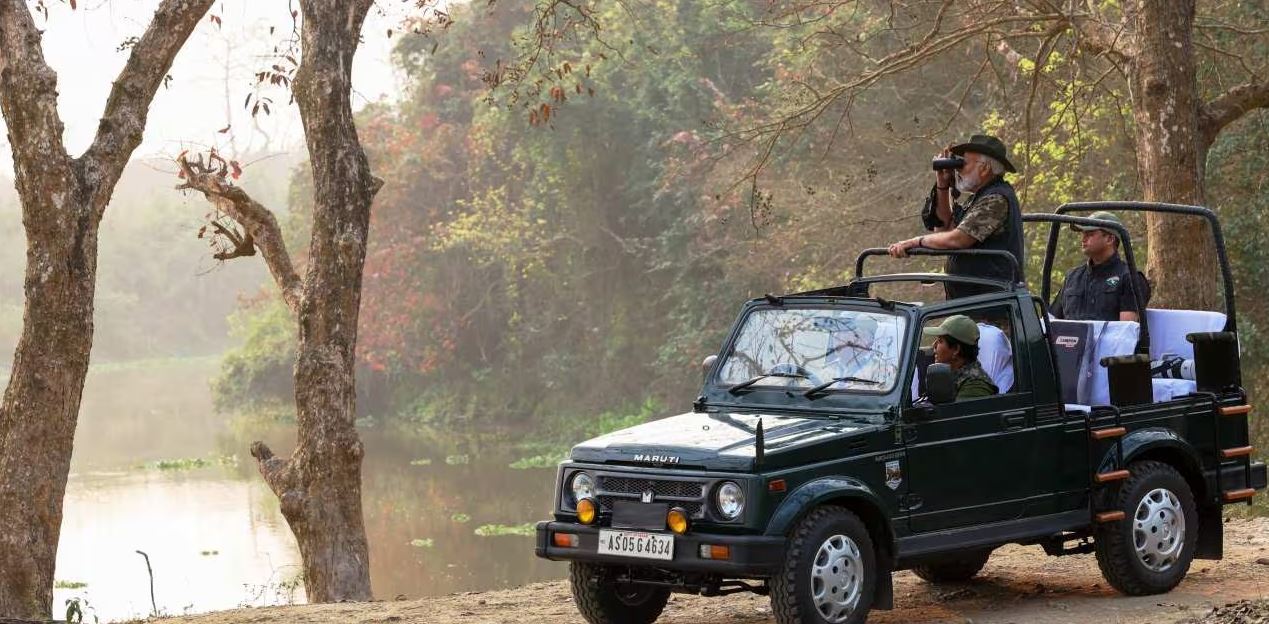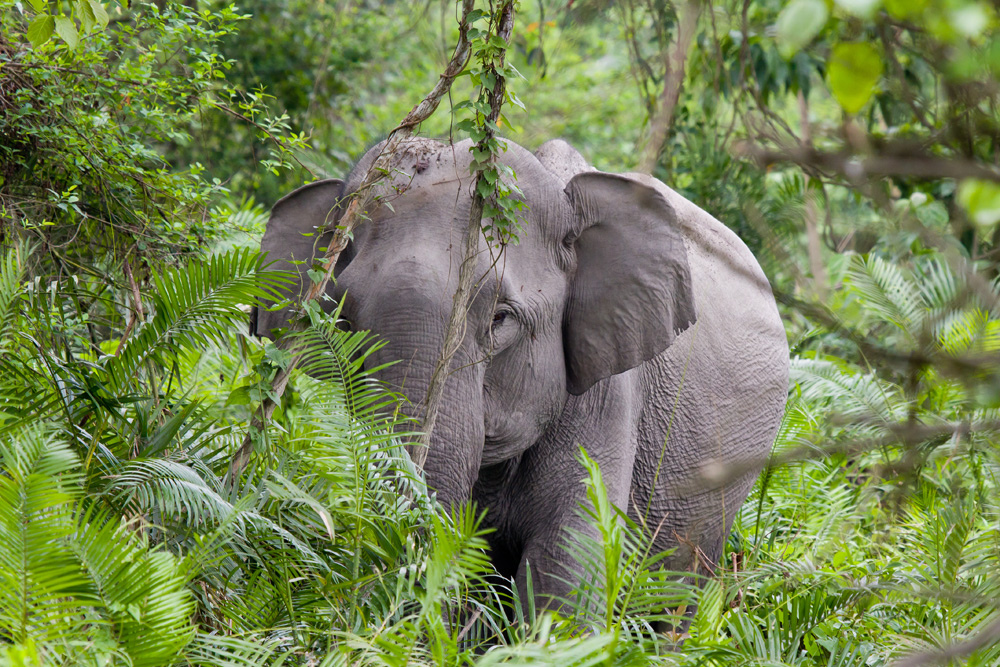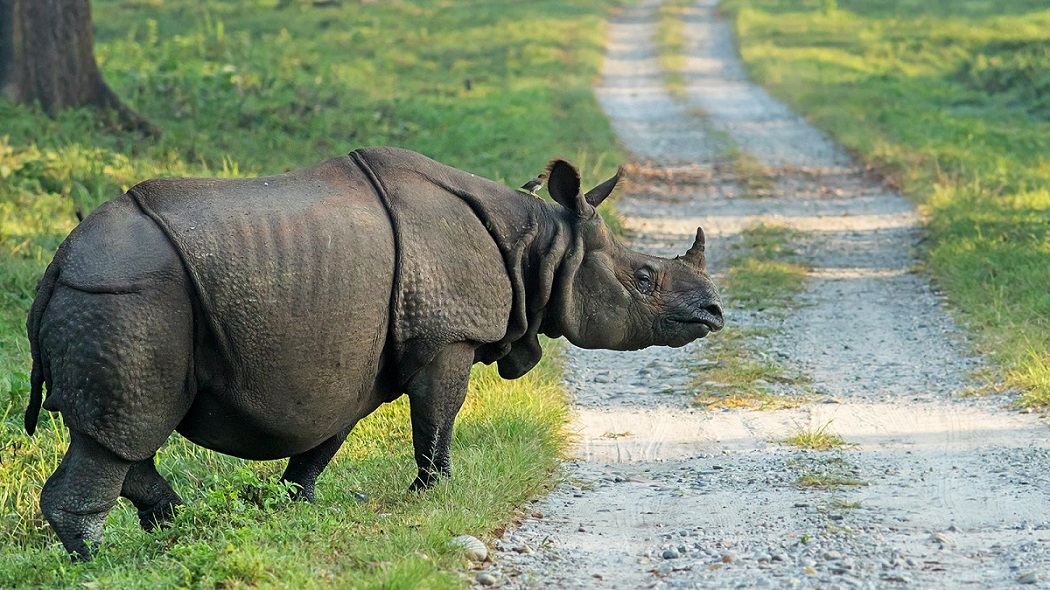
Best Practices to Ensure a Safe Safari in Kaziranga
Kaziranga National Park is one of India’s most famous wildlife sanctuaries, home to the majestic one-horned rhinoceros, wild elephants, tigers, and countless other species. A safari through this UNESCO World Heritage Site is a thrilling experience, offering close encounters with nature at its best. However, being in the wild comes with its share of risks, and it’s important to follow some best practices to ensure your safety as well as the safety of the animals. Simple things like sticking to park rules, respecting the animals’ space, and following your guide’s instructions can make your safari safe and enjoyable. Knowing what to do and what to avoid will keep you stress-free and help you make the most of your adventure. This guide will walk you through essential tips and safety measures that will enhance your experience in Kaziranga and contribute to responsible tourism. After all, safaris are about appreciating nature responsibly while creating unforgettable memories. Let’s get you ready for a safe and memorable jungle adventure.

A Brief Note on Kaziranga Safari
The beautiful Kaziranga National Park offers both jeep and elephant safaris to explore wildlife in its true form and in their natural habitat. Along with one-horned rhinos and Bengal tigers, several other fauna species call Kaziranga their home. In order to delve deep inside the wilderness tourists need to conduct Kaziranga online booking of safari for jeep or elephant. Based on the mode of safari, zones are allotted based on availability – Kohora, Bagori, Agaratoli, and Burapahar. A guide and a driver accompany in the jeep safari and a mahout is allotted for each elephant safari.
Safety Measures and Guidelines to Follow During Kaziranga Safari
Listening to Guides and Authorities
The most crucial part of a safe safari is following the instructions given by your guide or park ranger. These individuals are highly trained and know the park inside out. They’ll guide you through areas where wildlife sightings are common and keep you safe from potential dangers. Always stay on the designated trails they point out. These paths are marked to reduce human interference with wildlife while keeping visitors safe. Straying off the trails not only increases your risk of encountering a wild animal but can also disturb the animals’ natural habitat. Guides are also well-versed in animal behaviour. If they ask you to stay still, lower your voice, or back away from a particular area, follow their instructions immediately.
Wildlife-Friendly Conduct
Respect the space of the animals and behave in a way that doesn’t harm or scare them. Keeping noise levels low is one of the easiest and most effective ways to enjoy a safe safari. Avoid sudden gestures, especially when an animal is nearby. Wild animals can perceive sudden movements as a threat, which may lead to unpredictable behaviour. Feeding animals is strictly prohibited. It might seem harmless to offer food, but it can disrupt their natural diet and make them reliant on humans for food. Feeding animals also increases the risk of dangerous encounters, as they may approach safari vehicles looking for snacks. Lastly, keep a safe distance from all animals. Your guide will likely tell you how close you can get to different species.
Vehicle and Seating Safety Tips
During the safari, whether you’re in a jeep or on an elephant ride, your safety depends on how well you follow basic protocols. In jeep safaris, stay seated at all times, even when an exciting sighting happens. Standing up or leaning out of the vehicle can make you lose balance and put you at risk of falling. Avoid hanging out of the vehicle to take photos. Keep your hands and cameras inside the vehicle at all times, as you never know how close a wild animal might be. If you’re on an elephant safari, sit firmly and avoid sudden movements. The mahout knows how to handle the animal, so trust their expertise.
Handling Emergencies
Although rare, emergencies can happen during safaris. Knowing how to handle them calmly is key. If you come across a wild animal too close for comfort, do not panic. Stay quiet and still. Animals are more likely to ignore you if you don’t draw attention to yourself. In the unlikely event of a chase or charge, listen to your guide’s instructions. They are trained to manage such situations and will know what to do. Running or shouting can make the situation worse, so it’s always better to stay calm and composed. Also, save the park’s emergency contact numbers on your phone.


